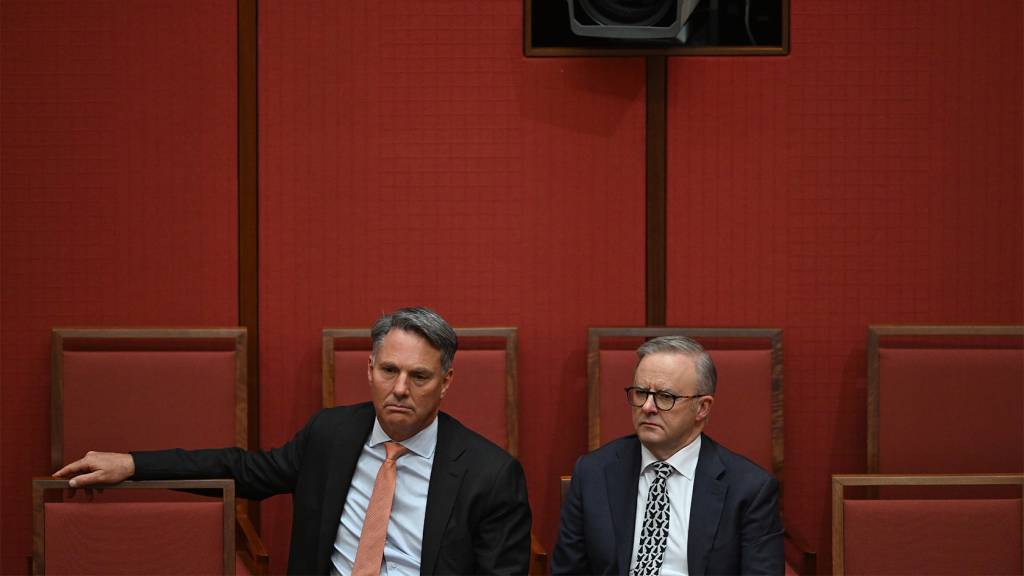
Results from an annual poll conducted by the Australia-China Relations Institute, in collaboration with the University of Technology Sydney’s Centre for Business Intelligence and Data Analytics, reveal a subtle yet notable shift in public opinion regarding the AUKUS security pact. The survey, which examines Australian perspectives on the country’s relationship with China, indicates that public support for acquiring nuclear-powered submarines under AUKUS has increased slightly, rising from 48% in 2024 to 50% in 2025.
This development comes amid ongoing debates over the strategic and financial implications of the AUKUS agreement, a trilateral security pact between Australia, the United Kingdom, and the United States. The pact, announced in September 2021, aims to bolster defense capabilities in the Indo-Pacific region, primarily through the provision of nuclear-powered submarines to Australia.
Understanding the AUKUS Framework
AUKUS represents a significant shift in Australia’s defense strategy, focusing on enhancing military capabilities in response to perceived threats in the region, particularly from China. The agreement has been met with mixed reactions domestically and internationally. While some view it as a necessary step to ensure regional stability, others criticize it for escalating tensions and potentially sparking an arms race.
According to the poll, the slight increase in public support may reflect growing concerns over regional security dynamics. The Australian government has consistently emphasized the importance of AUKUS in maintaining a strategic balance in the Indo-Pacific, a region marked by increasing geopolitical competition.
Expert Opinions and Public Sentiment
Experts suggest that the rise in support could be attributed to heightened awareness of regional security issues among the Australian public. Dr. John Smith, a defense analyst at the Australian Strategic Policy Institute, notes, “The public is becoming more attuned to the complexities of international relations and the potential threats posed by an assertive China.”
However, the increase in support is not without its challenges. Critics argue that the acquisition of nuclear-powered submarines could strain Australia’s defense budget and divert resources from other critical areas. Environmental concerns have also been raised, with some questioning the long-term implications of nuclear technology on Australian soil.
Historical Context and Future Implications
The AUKUS pact is reminiscent of historical defense agreements, such as the ANZUS Treaty, which has long served as a cornerstone of Australia’s security policy. However, unlike ANZUS, AUKUS explicitly focuses on technological and defense capabilities, marking a departure from traditional alliances.
Looking ahead, the success of AUKUS will depend on effective implementation and management of the associated risks. The Australian government faces the challenge of balancing public support with the practicalities of defense procurement and international diplomacy.
By the Numbers: Public support for acquiring nuclear-powered submarines under AUKUS rose from 48% in 2024 to 50% in 2025.
As Australia navigates this complex landscape, the slight uptick in public support for AUKUS suggests a cautious endorsement of the government’s defense strategy. However, ongoing scrutiny and debate are likely to shape the future of this pivotal agreement.
Ultimately, the AUKUS pact represents a strategic pivot for Australia, one that underscores the nation’s commitment to safeguarding its interests in an increasingly volatile region. As the situation evolves, continued public engagement and transparent communication will be crucial in maintaining trust and support for this ambitious defense initiative.







